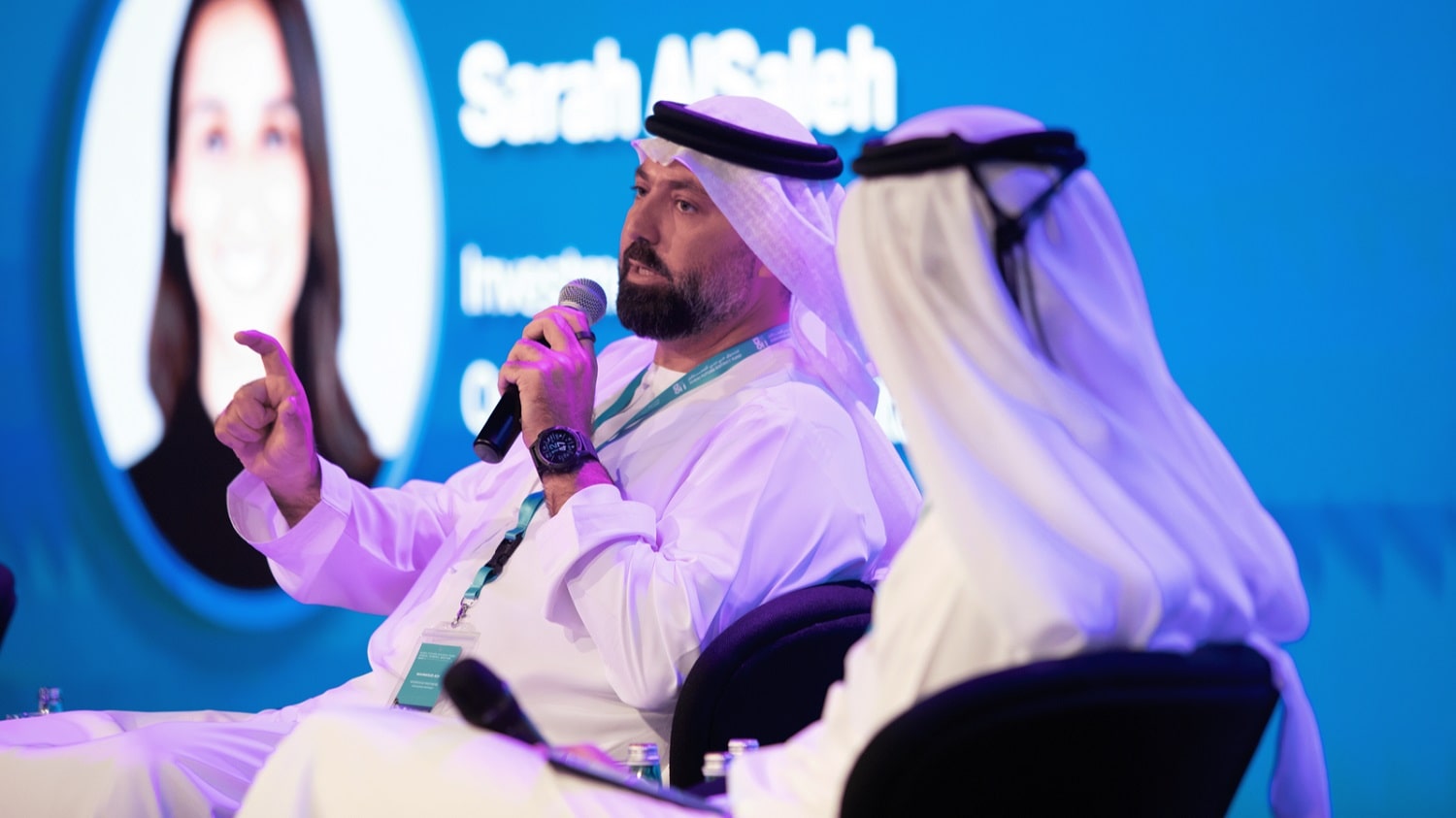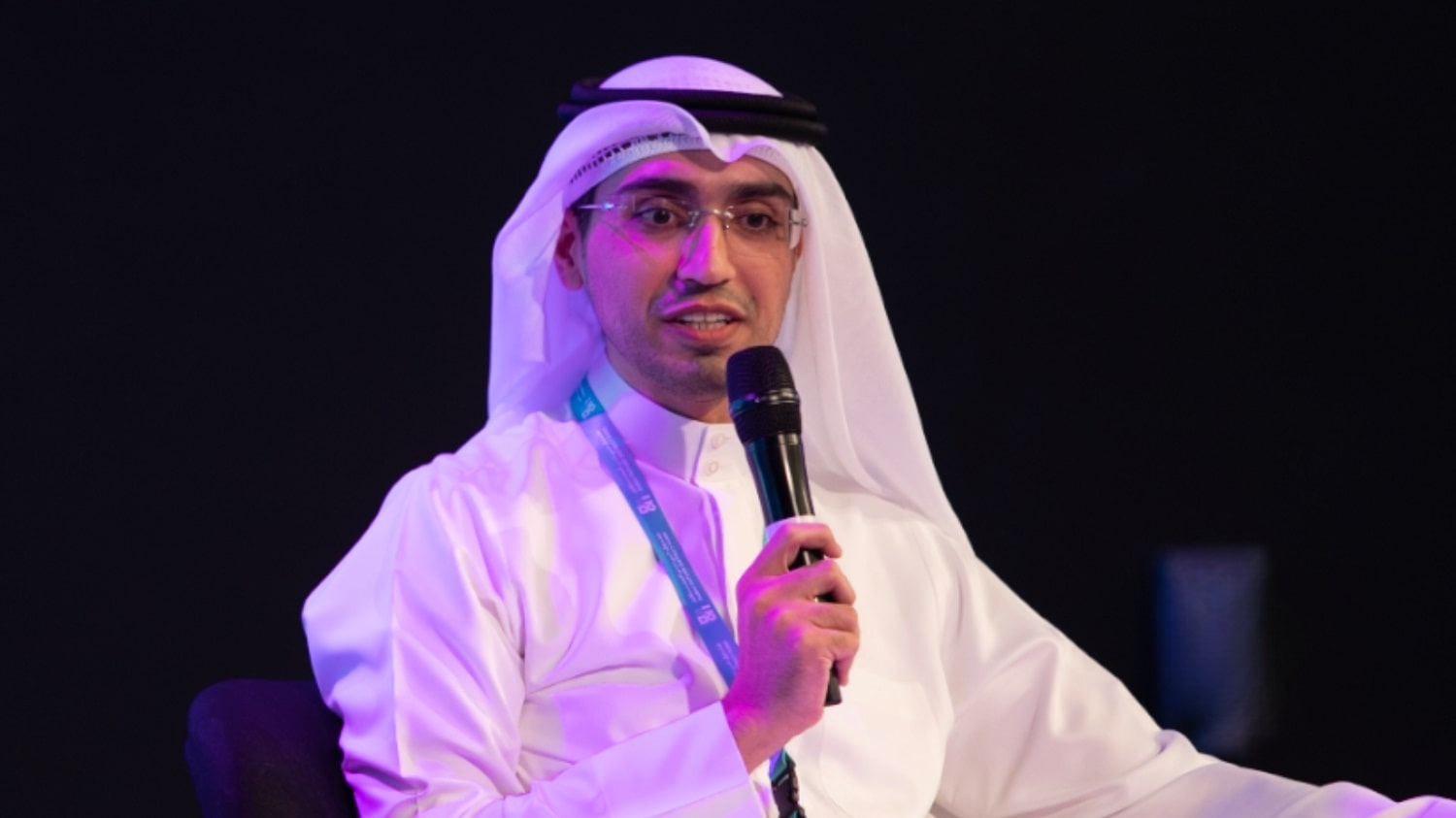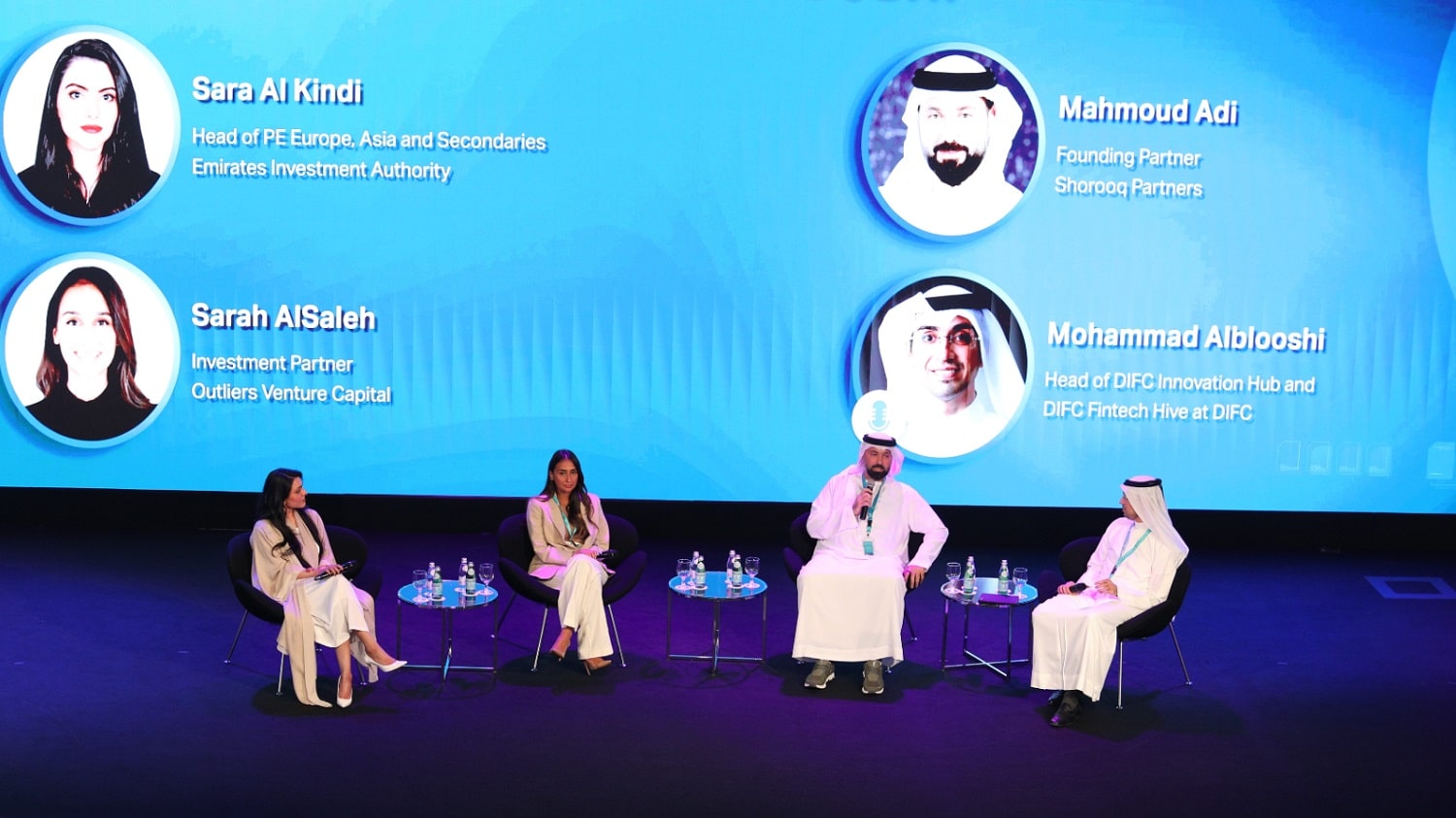The following blog post summarizes key insights shared by panelists during a discussion at our AGM event last month. The discussion was moderated by Mohammad Alblooshi, Head of DIFC Innovation Hub and FinTech Hive, and the panel participants included:
- Mahmoud Adi, Founding Partner at Shorooq Partners
- Sarah AlSaleh, Investment Partner at Outliers Venture Capital
- Sara Al Kindi, Head of Private Equity, Asia and Europe, at Emirates Investment Authority
The Ripple Effects of SVB’s Collapse on the Middle East Venture Ecosystem
At the time of the AGM event, the recent collapse of Silicon Valley Bank was still a fresh topic of discussion. While it was not a venture capital firm itself, it held significant importance as a prominent lender and bank for numerous tech companies in the United States, making it a crucial component of the ecosystem.
With that said, the consequences of its collapse are not insignificant, particularly here in the Middle East. Many venture capital firms in our region engage in business with SVB, either directly through deposits or indirectly through their startup portfolios. Moreover, it’s important to note that any disruptions to the VC ecosystem in the US as a whole will inevitably have implications for our industry closer to home, creating a ripple effect of consequences.
In light of these circumstances, the panel shared an optimistic perspective amid the crisis: an opportunity to bring regional capital back within our own borders. In the past, many investors allocated their capital abroad into more mature international VC ecosystems, as they seemed more promising. However, with the slowdown experienced by the VC ecosystem since mid-2022, a significant portion of this allocated capital remains idle. Redirecting this capital back to the Middle East, where considerable growth has been observed in recent years, would contribute to strengthening the local system even further.
This presents a tremendous opportunity for ecosystem builders in our region to acquire the necessary resources to sustain their endeavors, and potentially at an accelerated pace, without relying heavily on external capital to support their visions. Furthermore, one of the key takeaways from managing the crisis during SVB’s collapse was the importance of agility and continuous communication. Constantly being present for portfolio founders and making data-driven decisions emerged as crucial factors. With the anticipation of potential similar crises throughout the year, these experiences will act as determining factors, revealing which players are committed to long-term ecosystem building and exposing those who are inclined to exit during challenging times.

The Two Sides of the "Capital Drought"
The panel highlighted an important perspective amidst the media headlines about the VC ecosystem slowing down in recent years. They stressed that it’s crucial to consider the bigger picture, as the current levels of VC activity are still higher than they were just three years ago. Therefore, when assessing VC trends, it’s important to look beyond year-on-year comparisons, especially now that the Middle East’s regional ecosystem has surpassed its early stages.
During their discussion, they debated the implications of this trend for startup valuations. Ultimately, they concluded that a founder’s long-term plans and their current perspective on their company serve as a filter for evaluating alignment with investors. For instance, if a founder prioritizes short-term, rapid growth, it may indicate a divergence in objectives. The panelists believed that instead, short-term market fluctuations can be endured if the founder’s vision focuses on creating long-term value.
They also delved into the recent decline in investment activity, viewing it as an opportunity for investors to enter the market and capitalize on the reduced competition for promising startups. While acknowledging the potential challenges that arise when startups have to compete for capital, the panelists emphasized that the ecosystem is far from depleted. In fact, with the right approach, the current market conditions could offer an ideal environment for both astute investors and ambitious startups to thrive.

How to Assess Startups, According to the Experts
The panel addressed a common phenomenon where founders create startups primarily with the intention of raising capital, rather than building a solution to a problem. This was particularly prevalent during 2020 and 2021, a period marked by significant venture capital activity. In light of this, they emphasized the importance of evaluating investment opportunities based on fundamentals and distinguishing between substance and noise.
The panelists shared how they each uniquely equate startup investment opportunities. Some common factors included closely evaluating talent, capital utilization, and execution capabilities when assessing investment opportunities.
When it comes to talent, some consider the team’s responsiveness to feedback and their ability to iterate on their product. Furthermore, they underscored the importance of critical thinking when evaluating startups. One panelist suggested examining the team’s skills and expertise, as well as the specific problem they are addressing and the market opportunity it represents. Lastly, they stressed the team’s ability to translate their vision into reality, whether during favorable or challenging times.
Aside from talent, some also highlighted that a single technology may not be sufficient to address a complete opportunity; rather, startups may require multiple technologies. Additionally, they emphasized the replicability of the technology and the competitive advantage of the startups to stay ahead of the competition.
ChatGPT – The New Kid on the Block
The panel moved on to discuss the sub-verticals of tech and venture that they believe were trending, sustainability, the metaverse, and gaming being a few. However, they quickly took to discussing the talk of the town since the start of the year — ChatGPT.
They likened the generative AI platform to the combustion engine and the Internet — both technological advancements were interesting and important innovations when they were invented, but after the initial “oohs” and “aahs” were over and the novelty ran off, people started to ask how the underlying technology could be used — whether they would better society overall, or worsen it. Similarly, ChatGPT may stand to face the same questions pretty soon.
In predicting some of ChatGPT’s most impactful use cases locally, the panel reckoned that since it has the power to be predictive, one area of high value is that it could speed up the prototyping phase across the tech industry. It would do this by running new and different scenarios to help figure out what will sink or swim early on with more data and variables, at a scale magnitudes greater than current simulation software.

Healthcare as a High-impact Opportunity
The panel reached a consensus that, in addition to generative AI, the healthcare industry presents significant potential for disruption by technology startups. They expressed the view that the necessary technology to propel the regional healthcare industry forward has already emerged, and the next step is to bring this technology to the market. However, they emphasized the importance of using trending buzzwords like Artificial Intelligence, Virtual Reality, and 3D printing in applications that genuinely aim to enhance the patient experience and improve the healthcare system as a whole. By doing so, they believe there is an opportunity to make the industry more cost-effective and efficient.
Moreover, the panel expressed their belief that enhancing healthcare involves increasing productivity, which means achieving exponentially greater output in the future without requiring a proportional increase in human inputs. They specifically highlighted healthcare inclusion as an area of opportunity within the industry that they find particularly promising. By focusing on improving accessibility, they see the potential to create a more inclusive healthcare system.

Closing Advice to Founders
The event concluded with the following closing advice from each panelist:
- Mahmood suggested to founders that they should target addressing large markets, and large opportunities.
- Sarah recommends that founders build their startups bottoms-up and surround themselves with others who are aligned with their vision.
- Sara offered founders the advice to never give up, and to build resilience in the process.
Our mission at DFDF is to facilitate the collaboration between government and private entities, enabling a thriving venture ecosystem that generates benefits for local and regional communities. We are convinced that this partnership is fundamental to creating an environment that fosters innovation, triggers economic growth, and opens up new avenues for entrepreneurs and investors. By pooling our resources and expertise and working closely with relevant stakeholders, we strive to achieve our goals and make a positive impact on the venture landscape.
If you share our passion and would like to contribute to our cause, please do not hesitate to reach out to us. We are always seeking out individuals and organizations that share our vision and are eager to help shape the future of the venture ecosystem.

